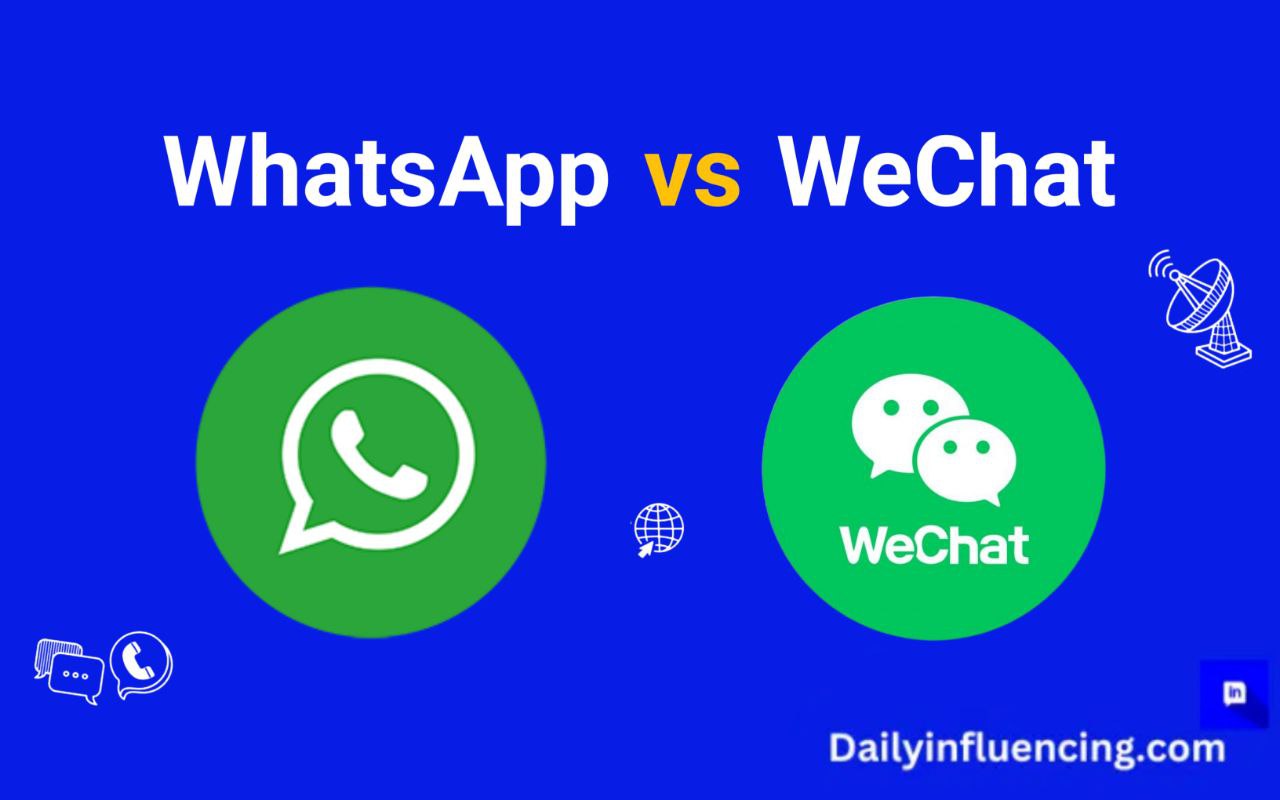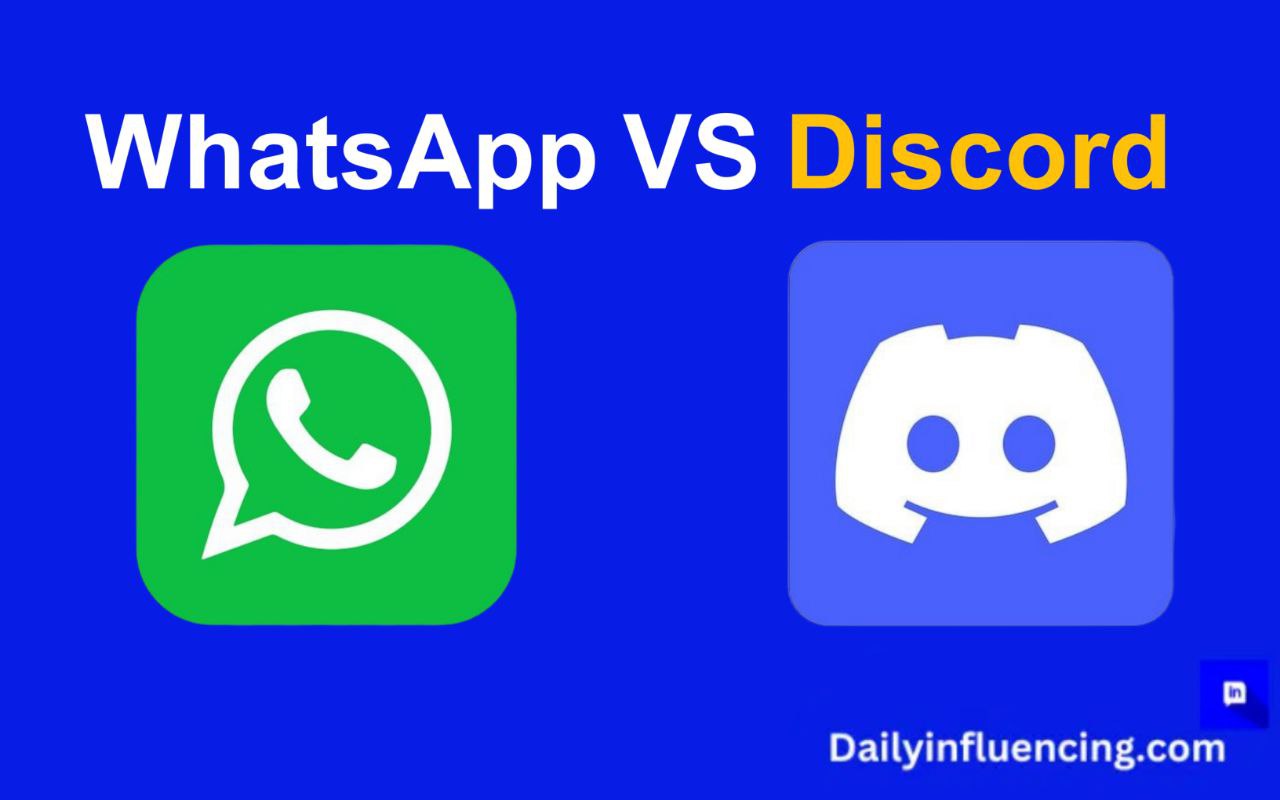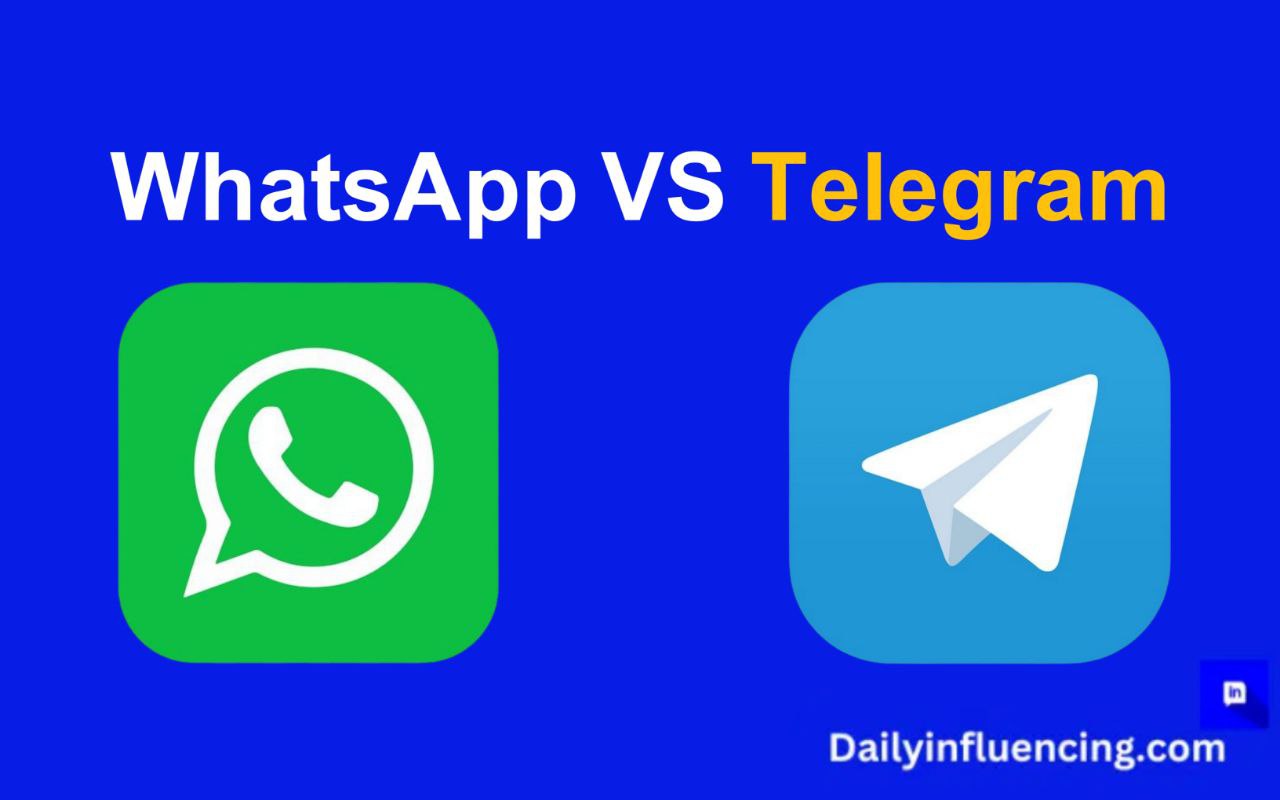
Compare WhatsApp vs WeChat features, security, and functionality to decide which messaging app is best for you.
What to Expect
In this article, we’ll delve into the world of messaging apps and compare two of the most popular ones: WhatsApp vs WeChat. We’ll explore their features, security measures, and user bases, helping you decide which app is right for you. Specifically, we’ll cover:
– A brief overview of WhatsApp and WeChat
– A comparison of their features, including messaging, calling, and file sharing
– An examination of their security measures, including end-to-end encryption and user authentication
– A look at their user bases and demographics
– A discussion of their monetization strategies
– A conclusion summarizing the key differences between WhatsApp and WeChat
A Brief History of WhatsApp and WeChat
To understand the evolution of WhatsApp and WeChat, it’s essential to delve into their history. Interestingly, both apps have fascinating stories that have contributed to their success.
WhatsApp: From Humble Beginnings to Global Dominance. WhatsApp, founded in 2009 by Brian Acton and Jan Koum, had humble beginnings. Initially, the app focused on providing a seamless messaging experience, allowing users to send messages, make voice calls, and share files. Notably, WhatsApp’s early success can be attributed to its simplicity and ease of use.
In 2014, Facebook acquired WhatsApp, further expanding its user base. This acquisition marked a significant turning point in WhatsApp’s history, enabling the app to tap into Facebook’s vast resources and expertise.
WeChat: From Messaging App to Multifaceted Platform. WeChat, developed by Tencent Holdings, was launched in 2011. Initially, the app was called Weixin and was primarily used for messaging. However, over time, WeChat evolved into a multifaceted platform, incorporating features like social media, e-commerce, and mobile payments.
Notably, WeChat’s evolution was driven by its ability to adapt to changing user needs and preferences. By integrating various features and services, WeChat has become an indispensable part of daily life in China.
Features Comparison
Moving on to the next aspect of our comparison, let’s delve into the features of WhatsApp and WeChat. While both apps offer messaging and calling capabilities, they differ significantly in terms of their approach and offerings.
WhatsApp Features: Messaging, Calling, and File Sharing
Firstly, WhatsApp allows users to send messages, make voice and video calls, and share files. Additionally, WhatsApp’s messaging feature is straightforward, enabling users to send text messages, photos, and videos. Furthermore, WhatsApp’s calling feature is seamless, allowing users to make voice and video calls with ease.
WeChat Features: Social Media, E-commerce, and Mobile Payments
In contrast, WeChat offers a broader range of features, including social media, e-commerce, and mobile payments. Notably, WeChat’s social media feature is comprehensive, allowing users to share updates, photos, and videos. Moreover, WeChat’s e-commerce feature is convenient, enabling users to make purchases directly within the app.
Key Differences in WhatsApp vs WeChat Features
In terms of file sharing, WeChat has a more comprehensive system, allowing users to share files of up to 100MB. Conversely, WhatsApp has a file-sharing limit of 100MB for media files and 2GB for document files.
In addition, WeChat’s mobile payment feature is more advanced, enabling users to make payments directly within the app. On the other hand, WhatsApp’s payment feature is more limited, only allowing users to send and receive payments through its peer-to-peer payment system.
WhatsApp vs WeChat: Security Features
When it comes to messaging apps, security is a top priority. Both WhatsApp and WeChat have implemented various security measures to protect user data. In this section, we’ll compare the security features of WhatsApp and WeChat.
End-to-End Encryption: A Key Differentiator
WhatsApp takes the lead in end-to-end encryption, ensuring that only the sender and recipient can read messages. This feature is enabled by default, providing an additional layer of security. In contrast, WeChat’s end-to-end encryption is not enabled by default, requiring users to manually activate it.
User Authentication and Verification: WhatsApp’s Advantage
WhatsApp offers two-factor authentication, adding an extra layer of security to user accounts. This feature provides an additional barrier against unauthorized access. WeChat also offers two-factor authentication, but it’s not enabled by default, leaving users vulnerable to security breaches.
Data Storage and Protection: A Concern for WeChat Users
WhatsApp stores user data on its servers, employing robust encryption and security measures to safeguard user information. Conversely, WeChat has faced concerns regarding data privacy and security, particularly with regards to its data storage practices. This raises questions about the protection of user data on WeChat’s platform.
WhatsApp vs WeChat Monetization Strategies
As we explore the monetization strategies of WhatsApp and WeChat, two key features stand out: WhatsApp Business API and WeChat Pay and Mobile Payments. These features have transformed the way businesses interact with customers and have generated significant revenue for both platforms.
WhatsApp Business API
WhatsApp’s Business API enables enterprises to communicate with customers in a secure and reliable manner. This API provides a range of features, including:
- Automated messaging and customer support
- Customizable messaging templates
- Integration with existing customer relationship management (CRM) systems
By leveraging the WhatsApp Business API, businesses can enhance customer engagement, improve response times, and increase sales. WhatsApp generates revenue from this API by charging businesses for each message sent
WeChat Pay and Mobile Payments
WeChat’s mobile payment feature, WeChat Pay, has revolutionized the way people make payments in China. This feature enables users to:
- Make payments directly within the app
- Transfer money to friends and family
- Pay bills and invoices
WeChat Pay has become an essential part of daily life in China, with millions of users relying on it for their payment needs. WeChat generates revenue from WeChat Pay by charging a small commission on each transaction.
WhatsApp vs WeChat: Which App Reigns Supreme?
As we near the conclusion of our comparison, it’s time to answer the ultimate question: which app reigns supreme? Both WhatsApp and WeChat have unique strengths and weaknesses, making this decision challenging.
WhatsApp’s Strengths
- Global Reach: WhatsApp boasts an impressive global user base, making it an ideal choice for international communication.
- Security: WhatsApp prioritizes end-to-end encryption and two-factor authentication, ensuring robust security for users.
- Simplicity: WhatsApp’s intuitive interface makes it easy to use, even for those who are less tech-savvy.
WeChat’s Strengths
- Comprehensive Features: WeChat offers a broader range of features, including social media, e-commerce, and mobile payments.
- Dominance in China: WeChat is the leading messaging app in China, making it an essential tool for anyone doing business in the region.
- Innovative Payments: WeChat Pay and Mobile Payments have revolutionized the way people make payments in China.
The Verdict
Ultimately, the choice between WhatsApp and WeChat depends on individual preferences and needs. If security, simplicity, and global reach are top priorities, WhatsApp may be the better choice. However, if a comprehensive range of features and services is desired, WeChat is the superior option.
Conclusion: WhatsApp vs WeChat – Which App is Right for You?
In conclusion, WhatsApp and WeChat are two distinct messaging apps that cater to different needs and preferences. WhatsApp excels in simplicity, security, and global reach, while WeChat offers a comprehensive range of features, including social media, e-commerce, and mobile payments.
Ultimately, the choice between WhatsApp and WeChat depends on individual priorities and needs. By considering the unique strengths and weaknesses of each app, users can make an informed decision about which platform best suits their lifestyle and preferences.




